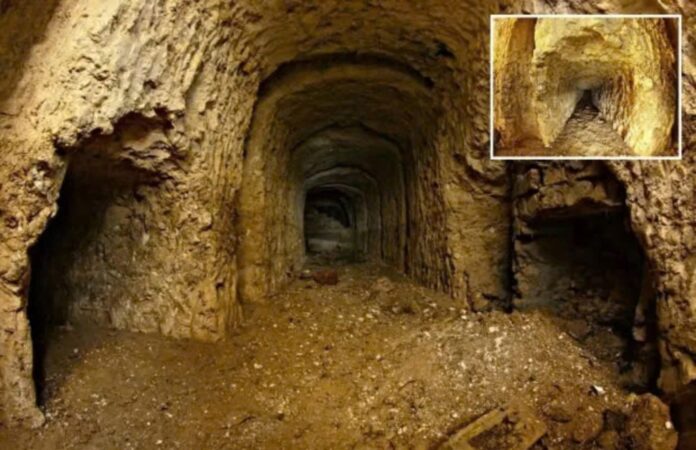Remarkable Discovery at Saint Polyeuktos Church Ruins
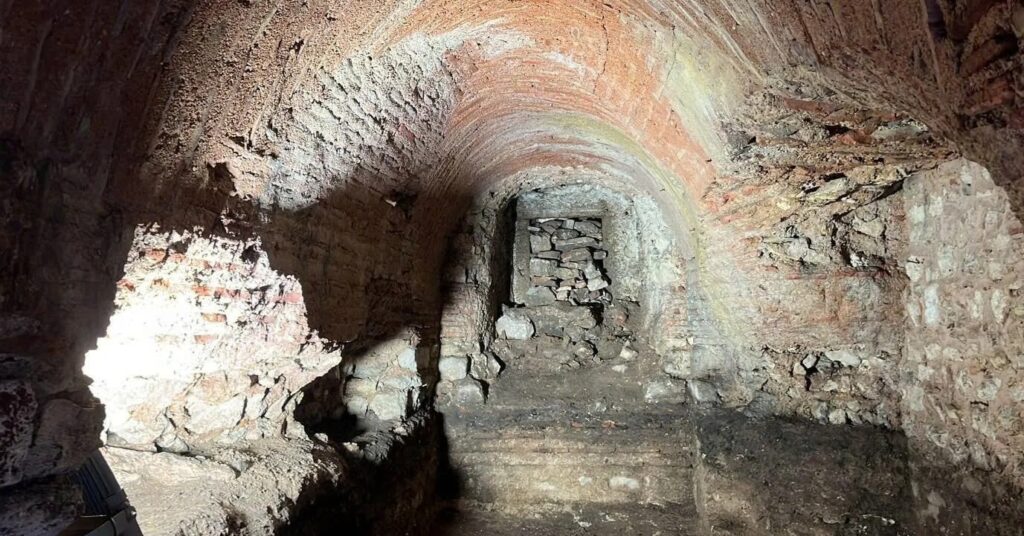
Archaeologists have made an extraordinary find during excavations at the ruins of Saint Polyeuktos Church in Istanbul’s Saraçhane neighborhood. A 1,500-year-old underground passage, previously unknown, has been uncovered, shedding light on the city’s rich history and architectural prowess.
A Glimpse into Byzantine Engineering
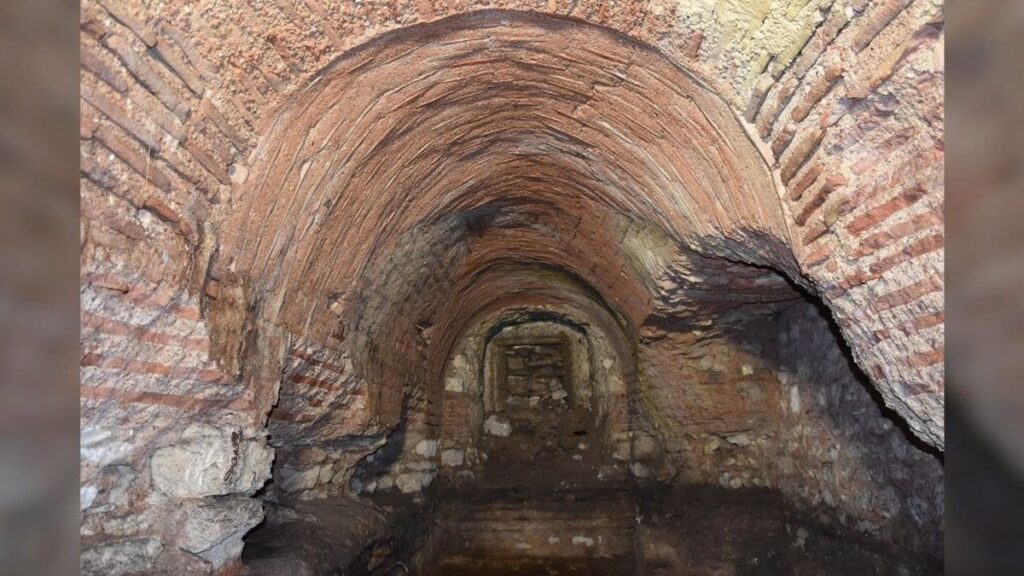
The newly discovered passage, located about 20 meters from the Haşim Işçan Passage, has left researchers in awe. Adorned with intricate mosaics, stone inlays, and beautifully carved marble blocks and reliefs, the structure stands as a testament to the advanced craftsmanship of its time.
Earthquake-Resistant Architecture: Lessons from the Past
Mahir Polat, Deputy Secretary-General of the Istanbul Metropolitan Municipality (IBB), emphasized the significance of this discovery in the context of Istanbul’s ongoing earthquake concerns. The passage’s ability to withstand numerous tremors over 1,500 years offers valuable insights into historical earthquake-resistant construction techniques.
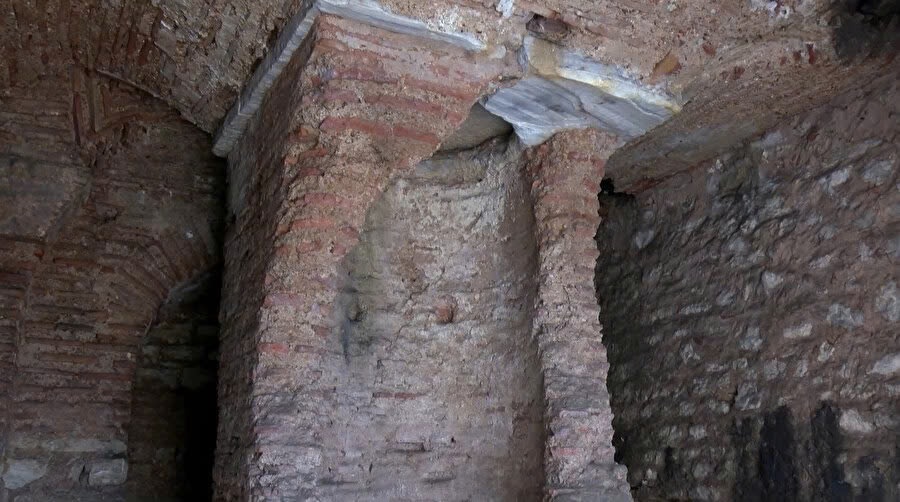
Preserving Istanbul’s Earthquake Memory
While the main structure of St. Polyeuktos was destroyed, its underground infrastructure remains intact, providing a unique opportunity to study the city’s seismic history. Civil engineers and earthquake specialists are collaborating with archaeologists to analyze the site and prepare a comprehensive report on past seismic events.
Ancient Building Techniques Under the Microscope
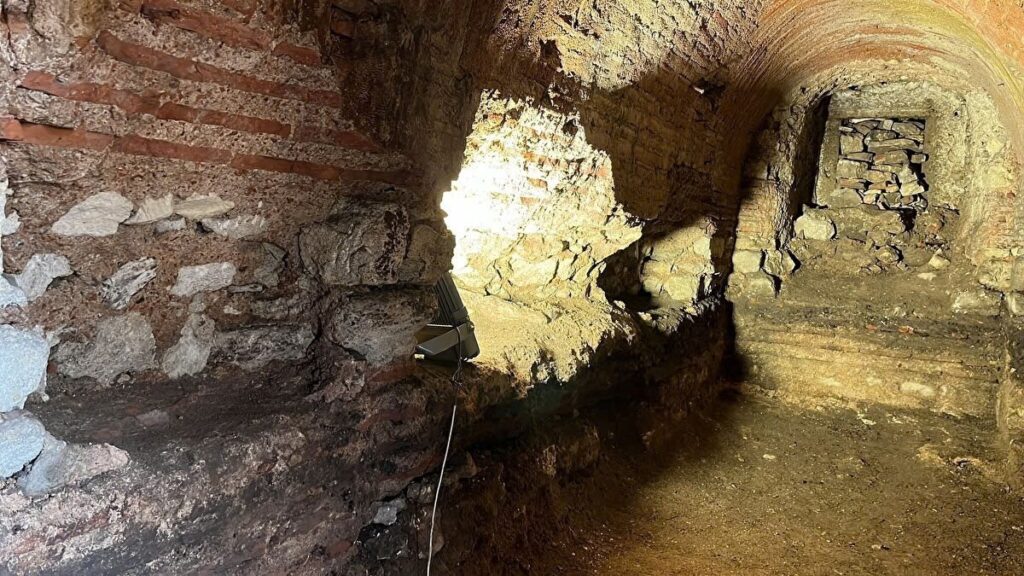
Researchers are particularly interested in the mortar used in the structure, known as Horasan mortar. This ancient mixture, along with other building materials such as stone, plaster, and gypsum, is being analyzed to better understand the construction technology of the period.
A Treasure Trove of Artifacts
In addition to the underground passage, the excavation has yielded a wealth of historical artifacts. These include 681 bronze coins, stamped bricks, marble pieces, ceramics, oil lamps, and various glass and metal objects, further enriching our understanding of life in ancient Istanbul.
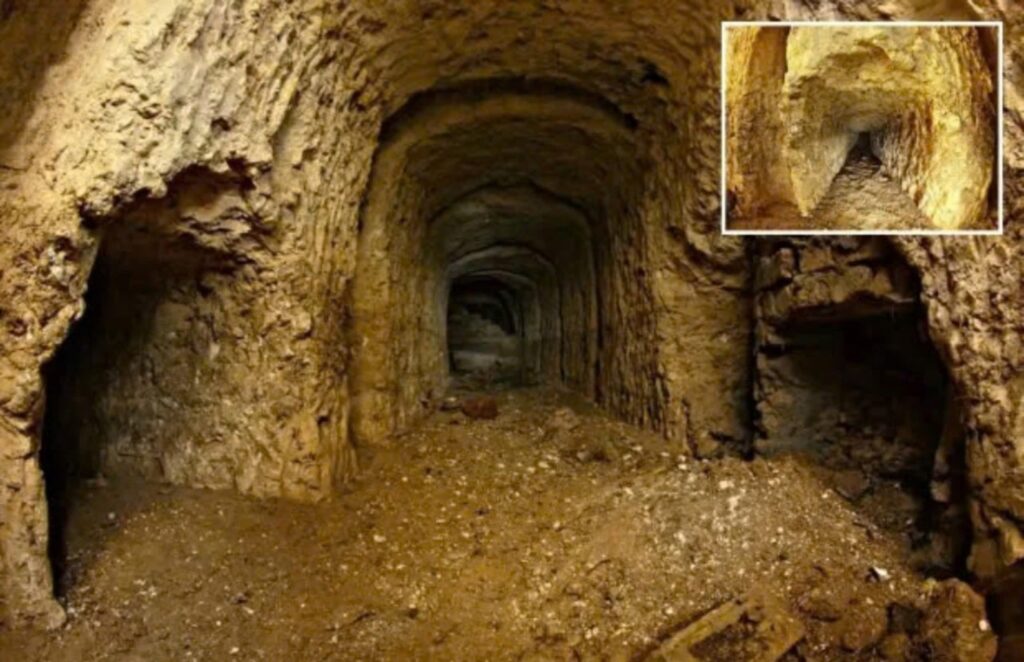
This remarkable discovery not only provides a window into Istanbul’s past but also offers valuable lessons for modern urban planning and construction in earthquake-prone regions.
